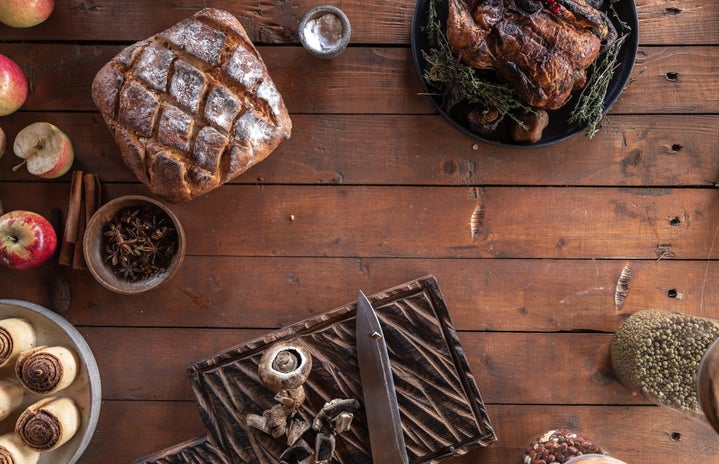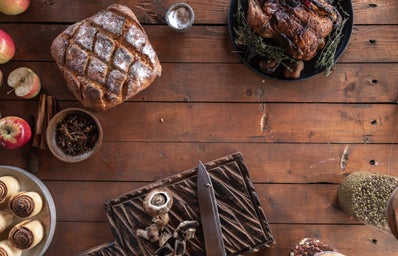Growing up, we were always told that Thanksgiving is a holiday to be celebrated. It was a joyous time in elementary school — we’d make colorful paper turkeys in class, eat mashed potatoes and pumpkin pie at lunch and enjoy the long weekend holidays. We were taught that it was a peaceful holiday where Native Americans and the pilgrims welcomed each other after Christopher Columbus “discovered” America. However, as we’ve come to realize as we grow old, the history lessons we learned in school were incredibly white-washed and Thanksgiving’s history is simply not an accurate representation.
Related Article: Christopher Columbus is Problematic
Thousands of Native Americans died as a result of disease or violence from settlers. Thanksgiving originated from the Pequot Massacre, a massacre that killed more than 700 Indians during a religious ceremony. The then Governor of the Massachusetts Bay Colony commemorated the day and wanted to “give thanks” to the God that helped them massacre these people and thus, Thanksgiving was born.
The misleading history of Thanksgiving we learn in schools has conditioned us into thinking that we are celebrating a peaceful holiday. While it’s transformed into a holiday that emphasizes family, tradition, relationships and giving thanks, the history and origin of the holiday must also be remembered.
Related Article: The History of Indigenous Peoples’ Day
The holiday is a painful reminder for Indigenous peoples and the next time we celebrate the holiday, it is important to be mindful. Some things you could do to acknowledge the holiday beyond its celebrations would be to donate to any Indigenous organizations, talk to your families and friends about the history and origin of Thanksgiving, support Native American owned small businesses, send care packages to reservations and not use any culturally appropriated holiday decorations. As we take the time to reflect on what we are thankful for, take the time to reflect on the innocent lives lost and what the original inhabitants of this land have gone through so that we could be here today.


